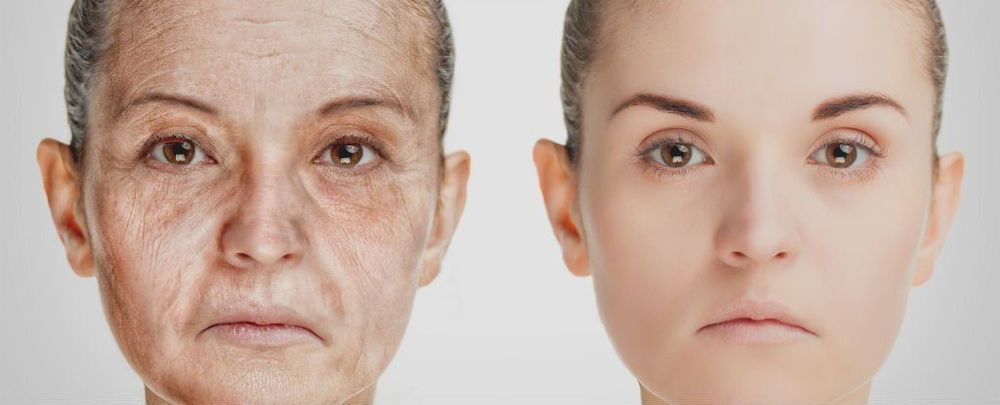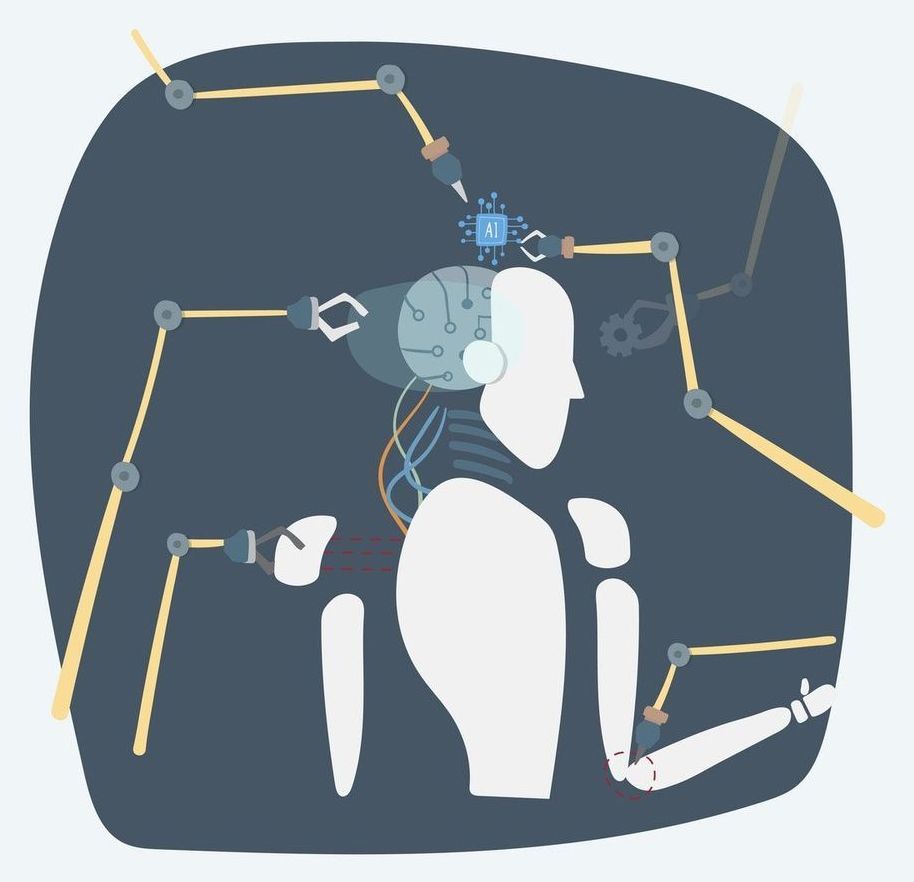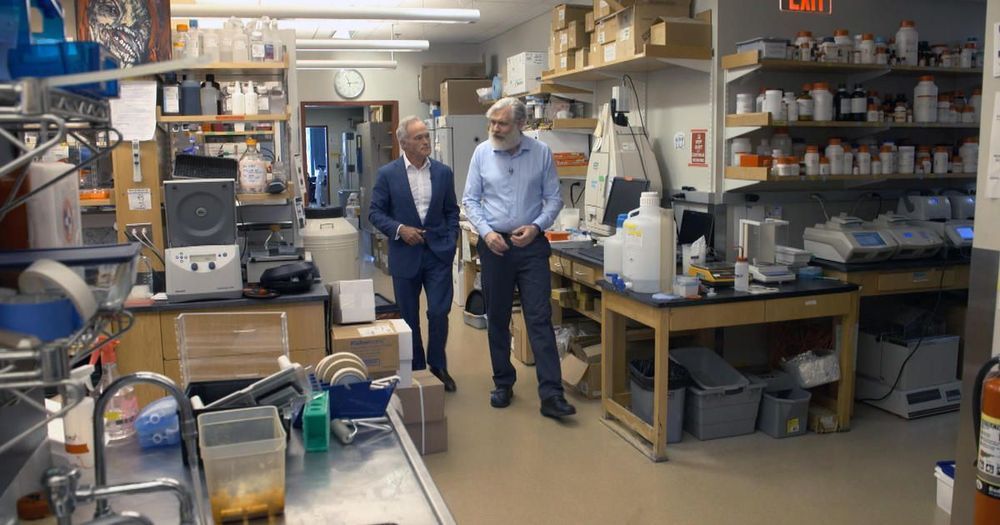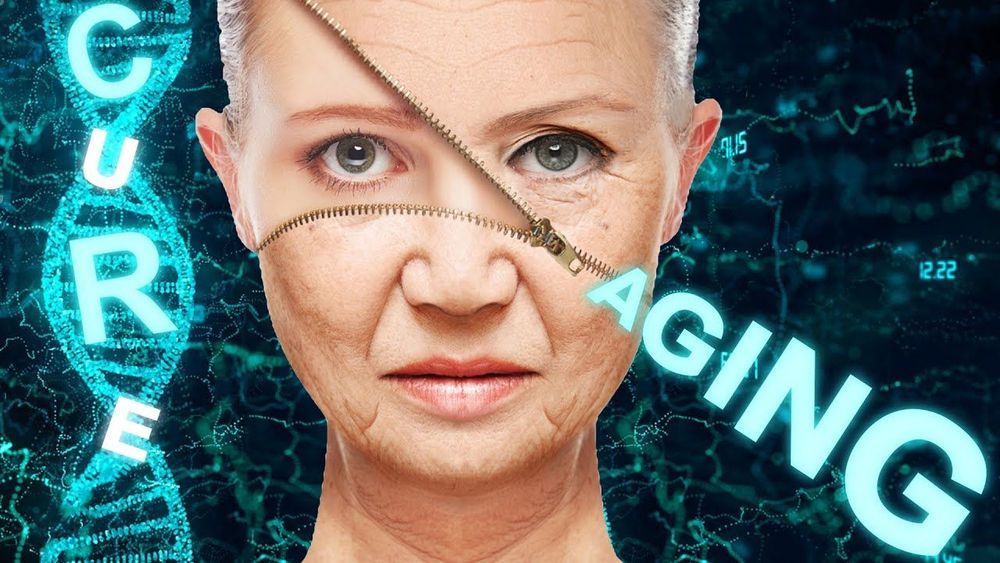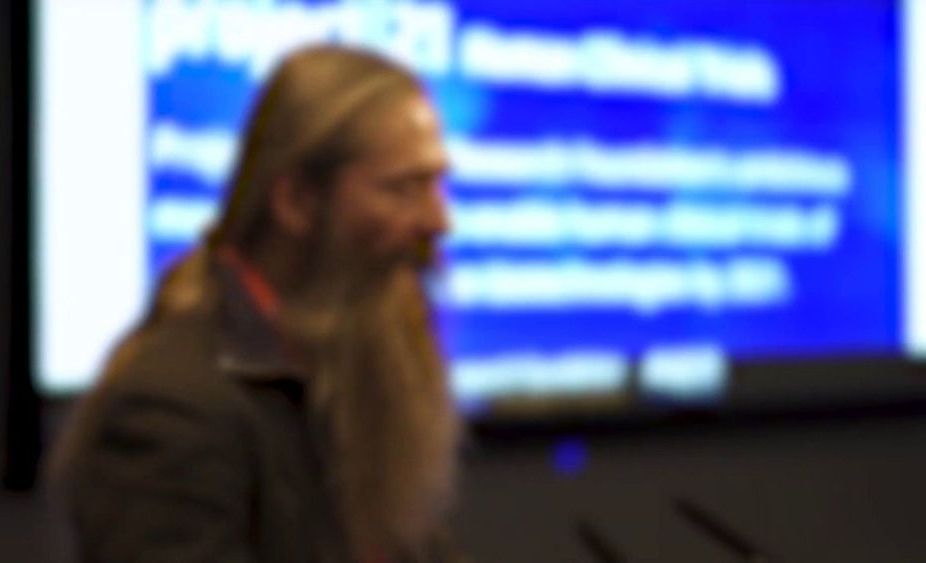Dec 10, 2019
Our Bodies Age in Three Distinct Shifts, According to More Than 4,000 Blood Tests
Posted by Quinn Sena in categories: biotech/medical, life extension, neuroscience
In terms of biological ageing, the body seems to shift gears three times during our lifespans, new research suggests – with 34 years, 60 years and 78 years the key thresholds.
In other words, we now have evidence that ageing isn’t one long, continuous process that moves at the same speed throughout our lives.
The findings might help us understand more about how our bodies start to break down as we get older, and how specific age-related diseases – including Alzheimer’s or cardiovascular disease – could be better tackled.
